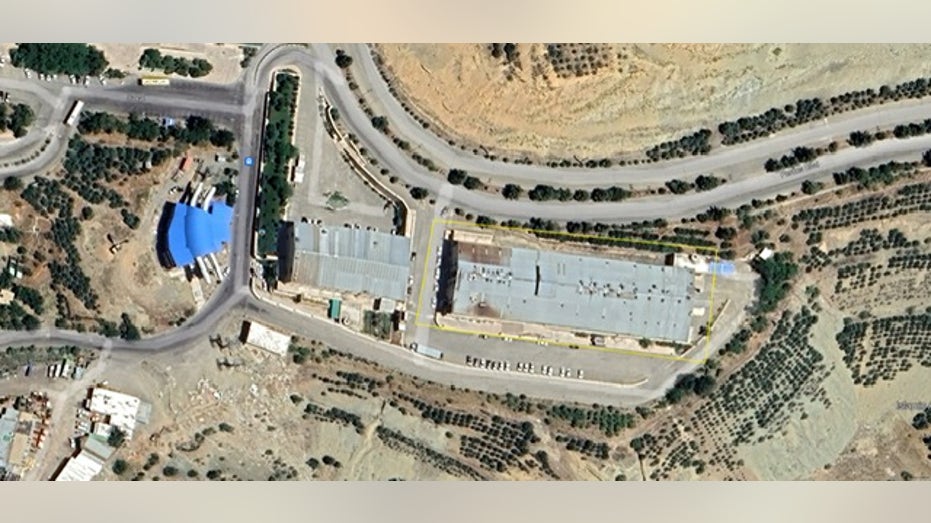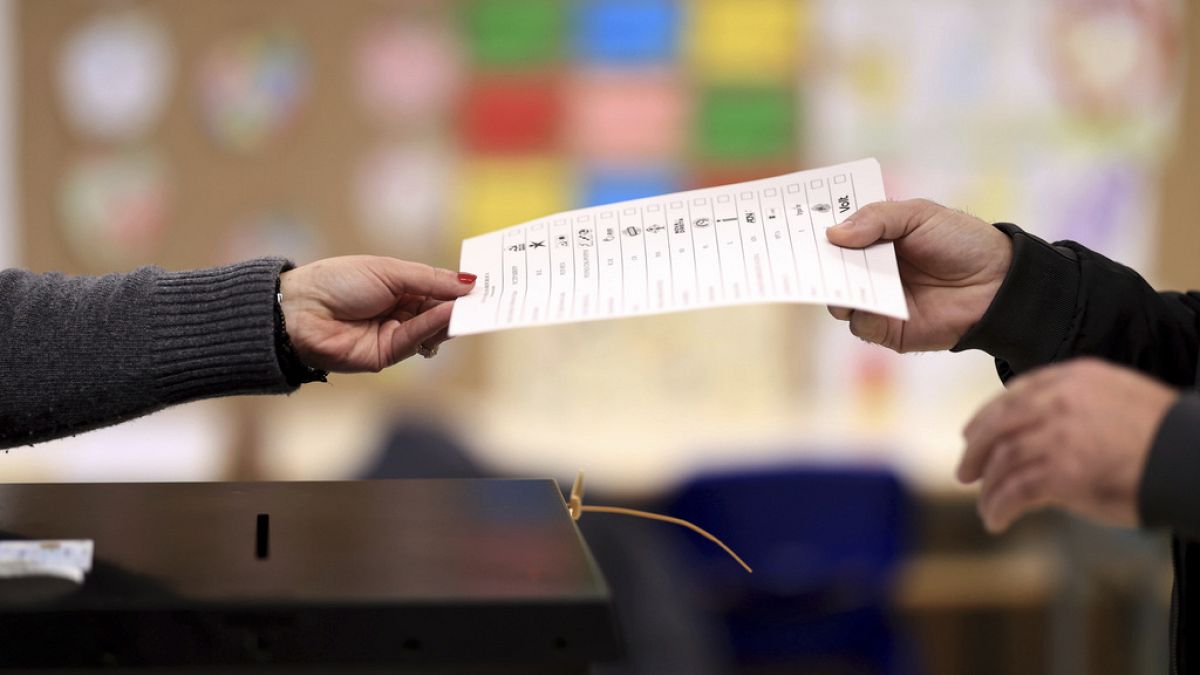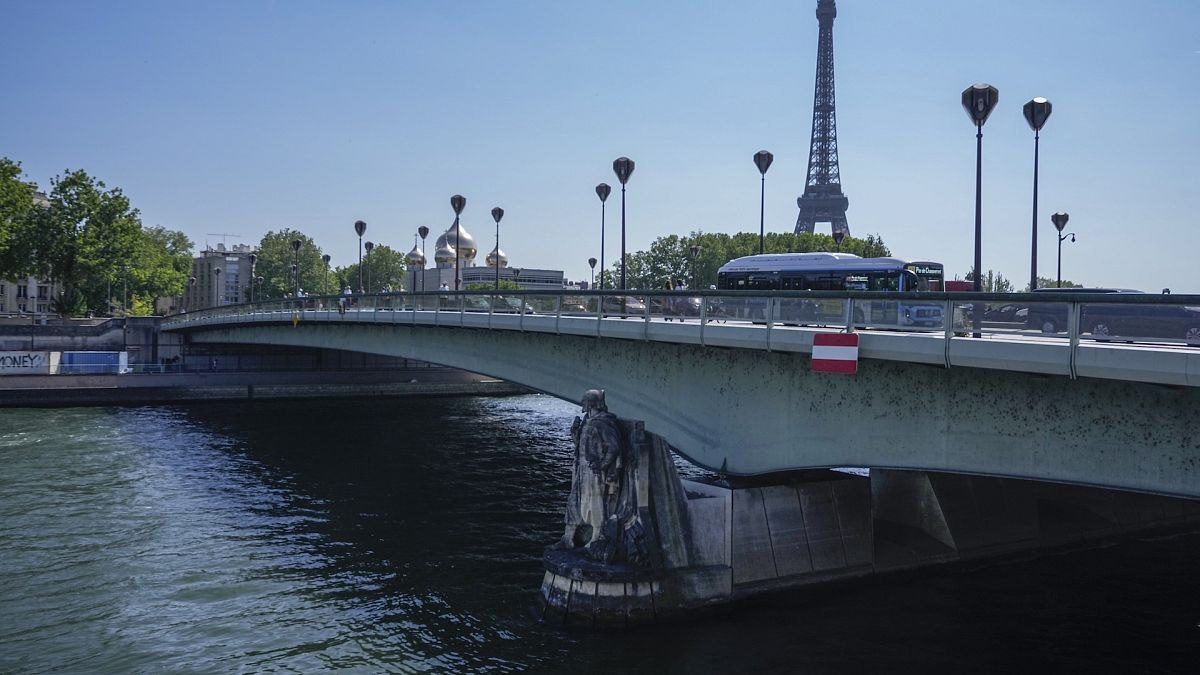New report claims Iran regime using university to hide nuclear weapons development, avoid sanctions
The U.S. sanctioned a group tasked with nuclear weapons development to slow Iran's nuclear program, but officials allegedly reorganized resources and personnel to continue their work in hiding.

FIRST ON FOX - A new report from an Iranian resistance group alleges that the Islamist regime has attempted to dodge U.S. sanctions on its nuclear programs by shifting personnel and resources to a university closely associated with the Islamic Revolutionary Guard Corps (IRGC).
"Ever since The National Council of Resistance of Iran (NCRI) exposed the Iranian regime’s previously undisclosed nuclear program in 2002 … the regime has persistently thwarted the IAEA’s efforts to uncover the full scope of its nuclear weapons ambitions," Alireza Jafarzadeh, deputy director of the Washington office of the NCRI told Fox News Digital.
"Our revelations have shown that Tehran’s nuclear program has always been about building the nuclear bomb, and it is run by the IRGC," he argued. "The weaponization part of the nuclear program has not only remained intact but has expanded and enhanced with no meaningful scrutiny." Jafarzadeh first revealed the details of Iran’s nuclear program in 2002.
The NCRI issued a report in which it discussed how Iran shifted its nuclear program personnel and resources placed on U.S. sanctions to the Islamic Azad University. The U.S. listed the Organization of Defensive Innovation and Research (SPND) on the international sanctions list, and university personnel asked researchers to "present their activities as being in service of front companies."
IRAN'S AYATOLLAH WANTS THE NUCLEAR BOMB BEFORE NOV. 5: OPINION
The NCRI claimed to have gathered its information through a network of the People’s Mojahedin Organization, known as the MEK, from inside Iran, including reports from inside "the regime entities."
"In order to preserve SPND, the Ministry of Defense and Armed Forces Logistics (MODAFL) has attempted to create a new and better cover to continue its operations, ostensibly making it work on a series of advanced military cases in order to divert attention and lessen focus on its primary goal of making nuclear weapons," the report says.
Shortly before his sudden death, former Iranian President Ibrahim Raisi passed the SPND Act in April, ordering the Ministry of Defense to implement the plan within a month and make the SPND "an independent legal entity with the nature of a public institution and has financial, transactional and administrative independence."
TOP US GENREAL SAYS ISLAMIC TERRORISM IN AFRICA HAS SOARDED TENFOLD OVER 26 YEARS
The law also empowers the organization to act without needing to comply with the law of public accounting in Iran. According to the report, the Islamic Azad University system is located throughout the country and is one of the largest systems of universities in the world, counting over 1 million students and over 50,000 academic staff. The university was founded with the blessing of the founder of the Islamic Republic of Iran, Ayotallah Ruhollah Khomenei
"Use of Islamic Azad University for nuclear research is consistent with the regime's previous actions," the NCRI wrote.
The NCRI report ties several major figures at Islamic Azad University with the SPND, such as Mohammad Medhi Tehranchi, currently president of the university and formerly a professor of physics at Beheshti University with "close connections with SPND." Tehranchi was reportedly involved in the regime's nuclear warhead project and worked directly with Mohsen Fakhrizadeh who was seen as the father of the regime's nuclear weapons program.
The group also identified Jamshid Sabbaghzadeh, head of the university’s Science and Research Center, which is "the largest university research center in Iran." Previously, he worked on laser research and joined the Atomic Energy Organization and worked on nuclear enrichment.
STATE DEPARTMENT ‘DEEPLY CONCERNED’ AFTER UN WATCHDOG CONFIRMS IRAN NUCLEAR SITE EXPANSION
Jafarzadeh lamented the "Western powers" policy of "appeasement," arguing that Iran has faced little punishment for its actions to avoid sanctions.
"In many ways, the Iranian regime leverages its nuclear program as a tool to blackmail the international community, demanding further concessions while simultaneously intensifying its efforts to acquire nuclear weapons," Jafarzadeh said.
"Tehran’s strategy has prevented decisive action against other aspects of its malevolent behavior, such as egregious human rights violations, terrorism, and hostage-taking, and belligerent interference throughout the Middle East," he added, insisting that at this stage the only way to create real change will come from within with regime change "led by the Iranian people and their organized resistance."
The U.S. National Security Council did not respond to a Fox News Digital request for comment by time of publication.
What's Your Reaction?
















